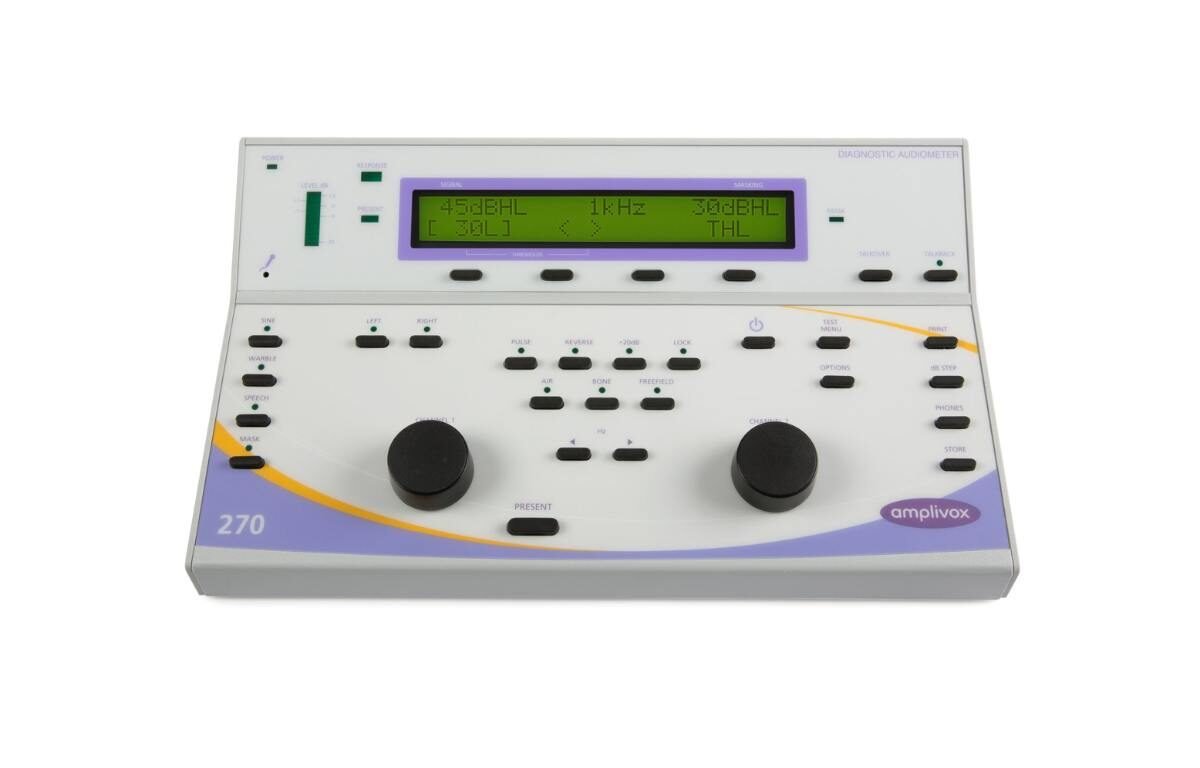A Comprehensive Guide to Buying Audiometers for Your Practice
Choosing the Right Audiometer: Key Considerations for Healthcare Professionals

When it comes to the essentials of an audiology practice, few tools are as pivotal as the audiometer. This device is not just a cornerstone for diagnostic assessments but also an integral part of ensuring your patients receive the best possible care for their hearing health. Selecting the right audiometer for your practice requires thoughtful consideration of various factors to ensure you meet your professional needs while providing top-tier service to your patients. This comprehensive guide will walk you through everything you need to consider when purchasing an audiometer, ensuring you make an informed decision that benefits both your practice and the individuals you serve.
Understanding Audiometers: The Basics
Before diving into the specifics of purchasing an audiometer, it’s essential to understand what an audiometer is and how it works. Audiometers are electronic devices used to evaluate hearing acuity. They generate sounds at various frequencies and volumes, which are played to a patient through headphones or speakers. The patient’s ability to hear these sounds is then used to assess their hearing level, helping audiologists diagnose hearing loss or other auditory disorders.
Types of Audiometers: Which One Fits Your Needs?
Audiometers come in several types, each designed to suit different clinical environments and patient needs:
-
Screening Audiometers: Ideal for schools, industrial settings, or primary care facilities where basic hearing screening is required. These devices are typically more affordable and easier to use but offer fewer features and testing capabilities.
-
Diagnostic Audiometers: Used in specialized audiological centers or ENT offices, these offer comprehensive features that allow for detailed hearing assessments, including speech audiometry, tone decay testing, and more.
-
Clinical Audiometers: These are the most advanced type, suitable for audiologists who require high precision and extensive functionality, including specialized tests and connectivity options for additional devices.
Key Features to Consider
When selecting an audiometer, consider the following features to find a device that best fits your clinical needs:
-
Frequency Range: Ensure the audiometer covers the entire range of human hearing frequencies, typically from 125 Hz to 8000 Hz.
-
Test Capabilities: Depending on your practice type, you may need additional testing capabilities such as speech audiometry, masked threshold testing, or bone conduction testing.
-
Portability: If you operate in multiple locations or need to conduct field testing, consider a portable audiometer.
-
Data Integration: Look for audiometers that can integrate seamlessly with your other clinical software systems for easy data management and patient record keeping.
-
Usability: The device should be user-friendly, with clear instructions and intuitive controls.
Budgeting for Your Audiometer
Budget is a significant factor in any equipment purchase. Audiometers can vary widely in price based on their features and capabilities. Basic screening audiometers may cost a few thousand dollars, while high-end clinical audiometers can run into tens of thousands. Plan your budget not just for the initial purchase, but also for maintenance, calibration services, and potential repairs down the line.
The Importance of Vendor Reputation and Support
Choosing a reputable vendor is as important as selecting the audiometer itself. Look for vendors known for their quality products and excellent customer service. After-sales support is crucial, as you’ll need reliable service for calibration and maintenance. Check reviews and ask for references to ensure you’re choosing a vendor committed to supporting their products.
Training and Resources
Ensure that you and your staff are thoroughly trained to use the new audiometer. Check if the vendor provides training sessions, manuals, and access to customer service for any questions that may arise as you begin to use the device.
Making the Purchase
Once you’ve reviewed all these factors, you’re ready to make your purchase. Remember, choosing the right audiometer is about more than just the price—it’s about enhancing your ability to accurately assess and treat your patients’ hearing needs.
Conclusion
Investing in the right audiometer is crucial for any audiology practice. By considering the types of audiometers available, evaluating key features, understanding your budget, and choosing a reliable vendor, you can make a decision that enhances your diagnostic capabilities and improves patient care. With the right approach, this investment not only advances your professional practice but also significantly impacts the quality of life for those you serve, reinforcing your role as a trusted healthcare provider in your community.




